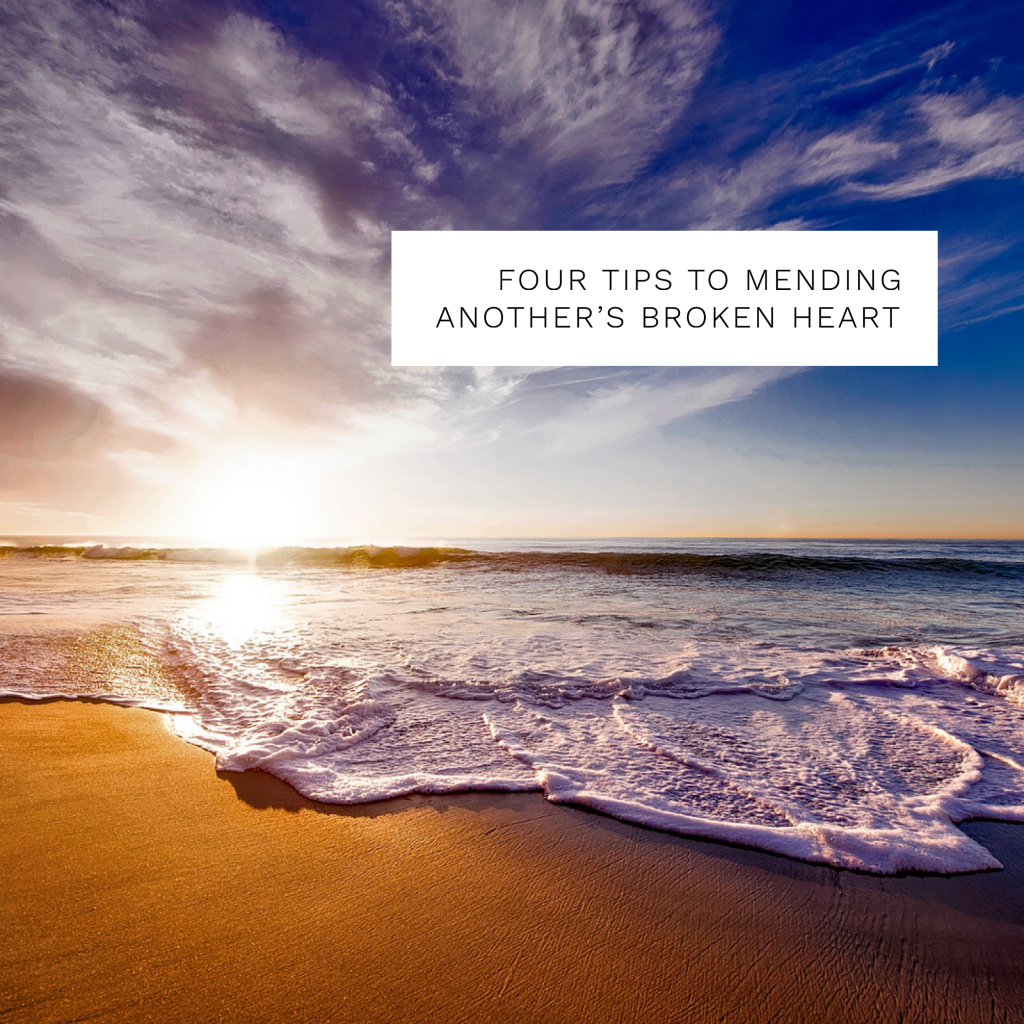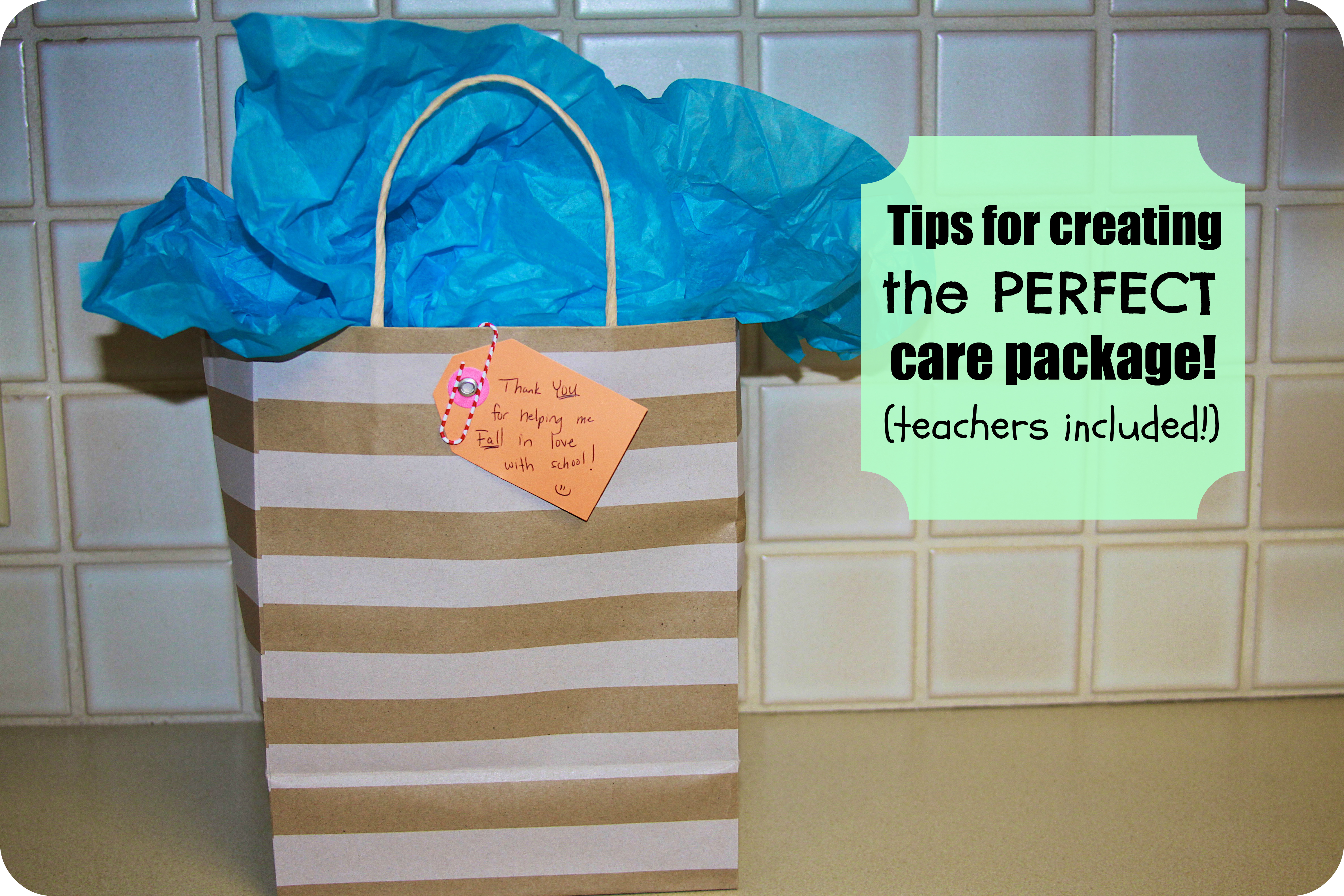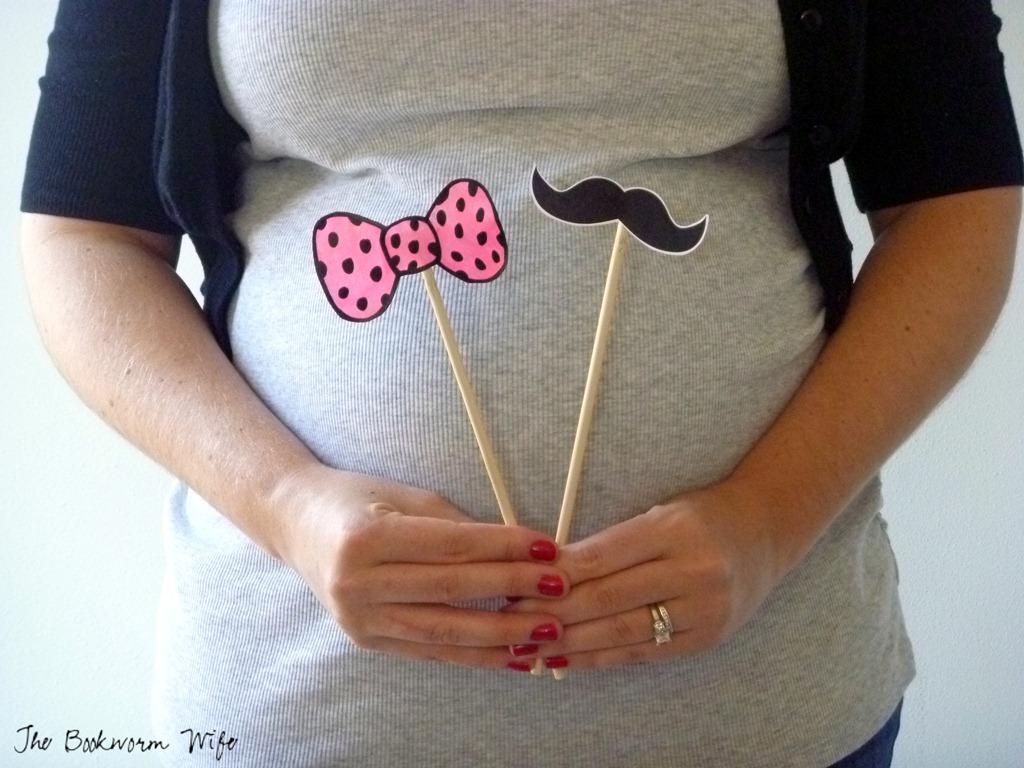Is someone that you care about going through loss or the grief of heartache? We want to be there for those we care deeply for, and support them in times of strife, but are we really doing anything to help them?
According to life coach, Laleh Hancock, one of the best ways to support someone through their grief is to stay neutral. Your role is not to fix anything for them or ‘take their side’ and validate their victimhood. Just empower to find their own way out of their grief.
Hug it out. Talk it through. Give it time or “leave it with me.” When a loved one is grieving, upset or distressed, it can be natural to want to step in, help ease their pain (and sometimes even ‘take sides’ against another person or party). However, according to life coach, Laleh Hancock, the best way to support someone through their grief is to stay neutral, ask open questions and help inspire a little gratitude.
Hancock is a life coach, professional services expert, and Being You facilitator with clients all over the world. She says the two most powerful tools for mending a broken heart are gratitude and questions.
Hancock says there are several common mistakes people make when they try to help a grieving and distressed loved one. These include:
- Assuming their needs are like your own: Don’t assume you know what a loved one needs in their moments of distress. This assumption will only be based on what you would need in the same situation. Acknowledge they have their own needs and ways of dealing with things and work with them.
- Forcing physical contact: When someone is processing strong emotions, a hug can actually validate all the pain and hinder the healing process. This is why some people instinctively don’t want to be touched when they’re upset. Instead of forcing physical contact, ask them ‘What can I contribute to you?
- Offering solutions and advice: When we start offering advice, it’s often centered on making the situation or relevant people wrong. Don’t offer advice and solutions. Instead, encourage your loved one to ask questions. The more you can be aneutral party, the more you empower the person to process their grief in the way that works for them.
- Setting limits on what grief should ‘look like’: Don’t ever assume or judge how someone else chooses to process their emotions – a loved one’s journey through grief doesn’t have to look like what others go through. Instead of judging what is the ‘right’ way to process distress, encourage your loved one to connect with their unique needs. Importantly, encourage them to ask their body what it needs to facilitate healing – this can often be a need for movement, water, salt, or sugar.
It can be incredibly tough watching a loved one go through grief and distress but by allowing and empowering your loved one to process their pain (rather than meddling and judging), Hancock believes we enable an individual to heal their heartache faster, and more effectively.
We can’t always fix a situation or bring a loved one back, but we can influence the impact the situation has on those who are grieving or upset.
Laleh Alemzadeh-Hancock is a life and communication coach, management and professional services consultant, and facilitator of Being You, a special program by Access Consciousness®. Laleh has inspired and empowered hundreds of thousands of individuals and families including Fortune 500 executives, government agencies, non-profit organizations, athletes and veterans. A lifelong entrepreneur and passionate change-agent, Laleh strives to seek out possibility in every problem and aims to facilitate strategic change and optimal growth for all her clients. She is an advocate for people of ages with special needs or disabilities and their caregivers and served on the Governor of Maryland’s Caregivers Support Coordinating Council for four years. Through her organization, Global Wellness for All, Laleh inspires individuals – including individuals with perceived disabilities – to create wellness in all areas of their life and seek greater success. Follow at @Belapemo.



